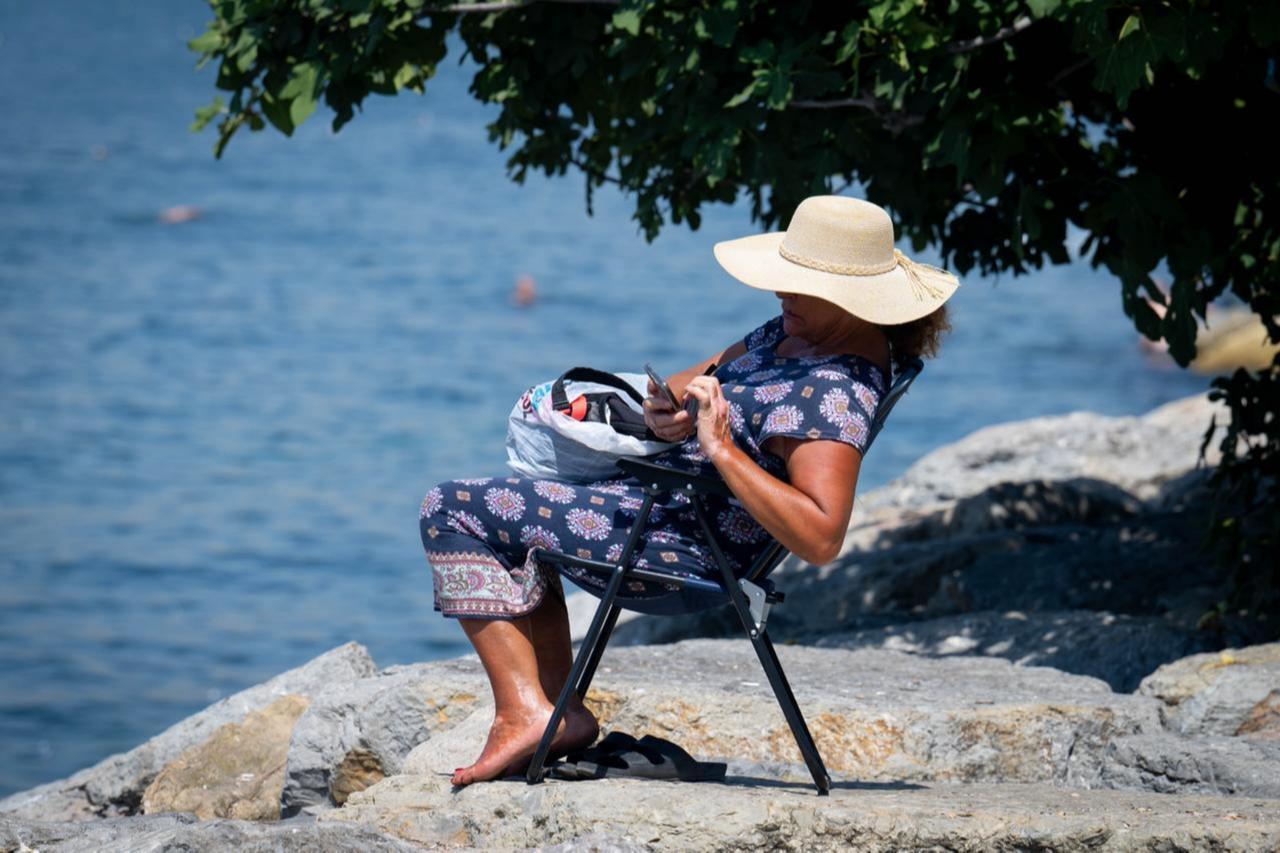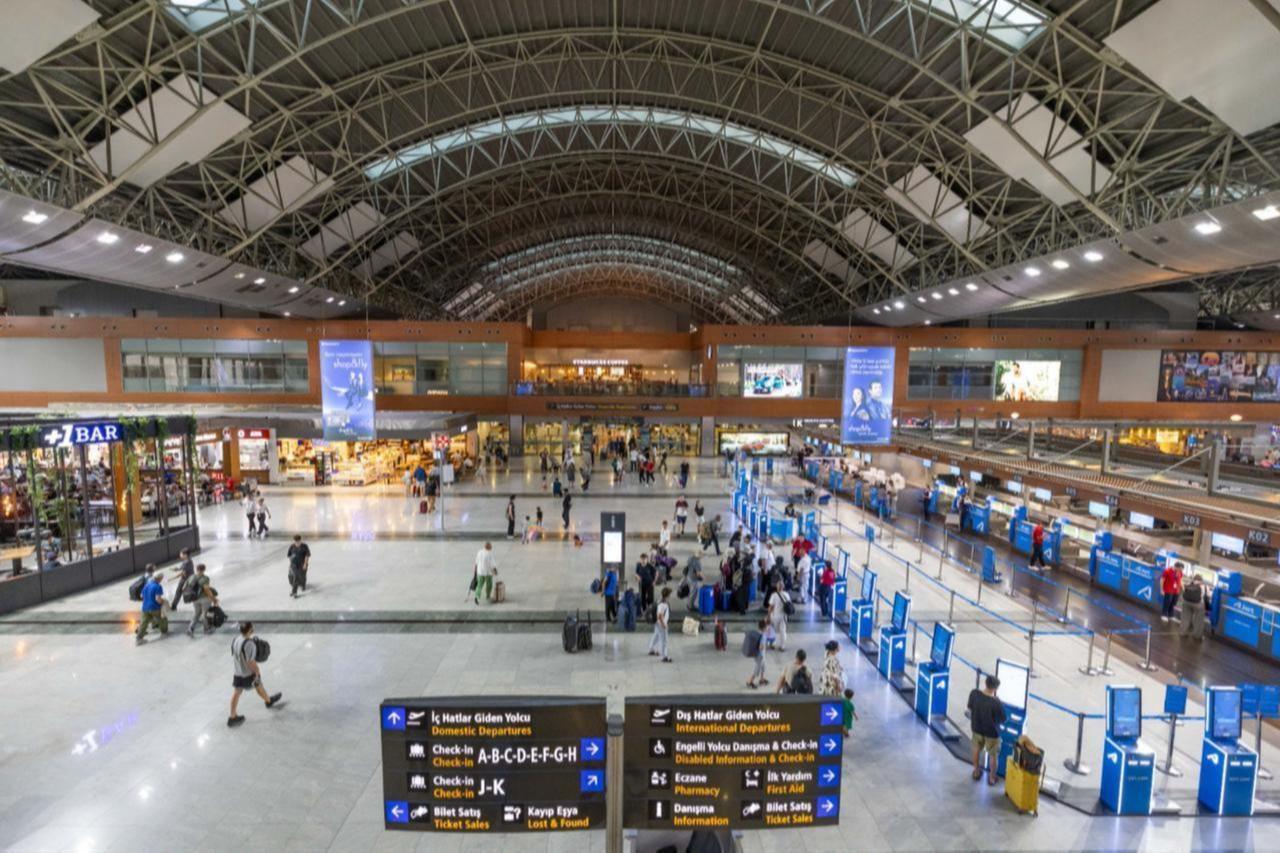
A new survey by research company Ipsos shows that the majority of Türkiye’s population has foregone summer holidays in 2025, as rising inflation and financial pressures have made vacations increasingly unaffordable for six in 10 respondents.
The study indicates that the share of people making summer holiday plans has fallen further, from 24% in 2024 to 20% in 2025.
Respondents largely attributed their decision to financial strain, with nine out of ten people citing economic reasons for not taking a holiday.
While domestic travel remains dominant, the survey shows a growing interest in foreign holidays. Ten percent of respondents said they had traveled abroad, pointing to lower costs in neighboring countries.
Tourism costs continued to weigh heavily on Turkish households in 2025, as hotel and restaurant inflation eased to 34.1% in July but remained above the headline inflation rate of 33.5%.
Visa-free destinations offering package tours and quieter resorts were highlighted as appealing alternatives for Turkish travelers.
According to border entry–exit statistics from Türkiye’s Culture and Tourism Ministry, over 12.5 million Turkish citizens departed the country in the first seven months of 2025.
Over the same period, 18.53 million Turkish holidaymakers stayed at domestic tourism facilities.

While the share of people spending holidays at family homes fell to 26% in 2025 from 34% a year earlier, the proportion staying in hotels rose to 30% from 24%.
Guesthouse stays also increased, climbing to 16% from 11%.
Respondents explained that they now favor arrangements where meals, cleaning, and activities are included, which allows them to rest more fully compared with family visits.
At the same time, stays in rented houses or personal summer homes showed slight increases, while camping and stays with friends remained relatively stable.
Financing methods for vacations also reveal shifts in household behavior, as seven out of ten respondents who took a holiday said they paid for it directly from their personal income.
Compared with the previous year, a larger share of people covered their summer holiday expenses with their own earnings, while the proportion relying on family loans fell from 17% to 11%.
Meanwhile, the share of respondents taking out bank loans increased to 21%, up from 19% a year earlier.

Ipsos noted that when participants were asked how they felt in recent days, the responses remained largely unchanged from previous years—tired, weary and anxious.
The firm underlined that these emotions have become deeply ingrained, with many people seeing a summer holiday as one of the few ways to step away from the daily routine and regain energy.